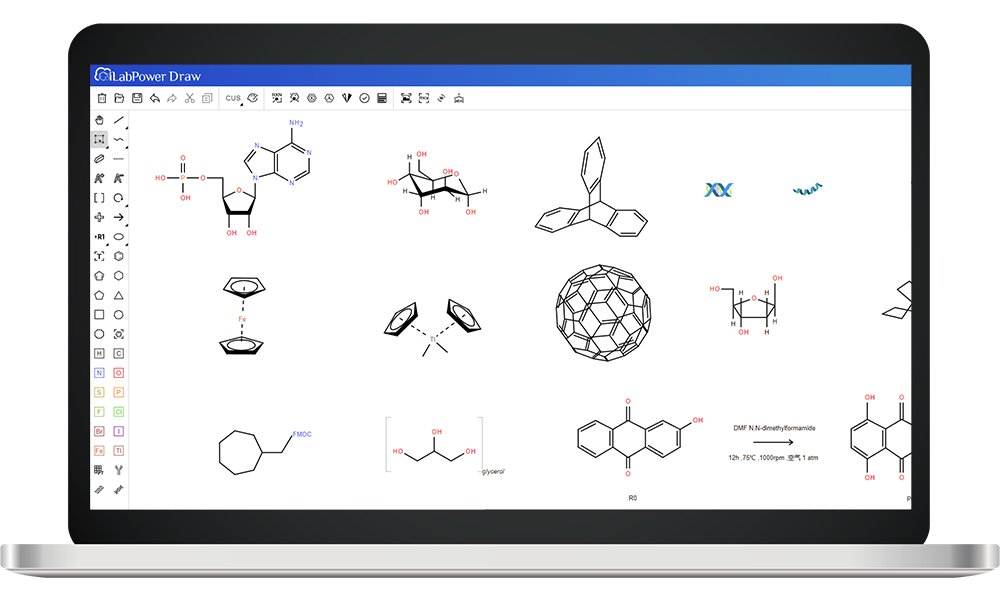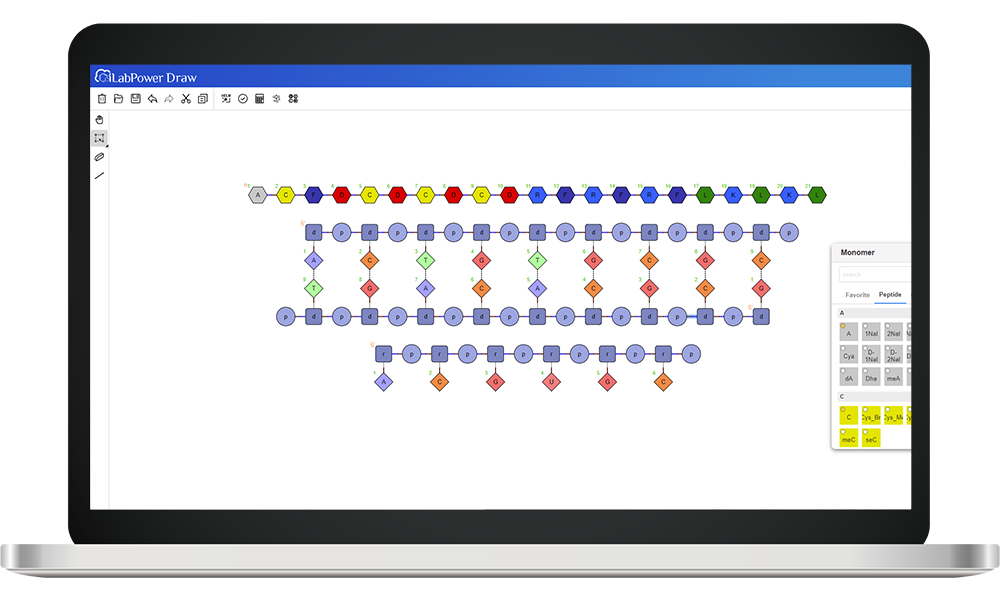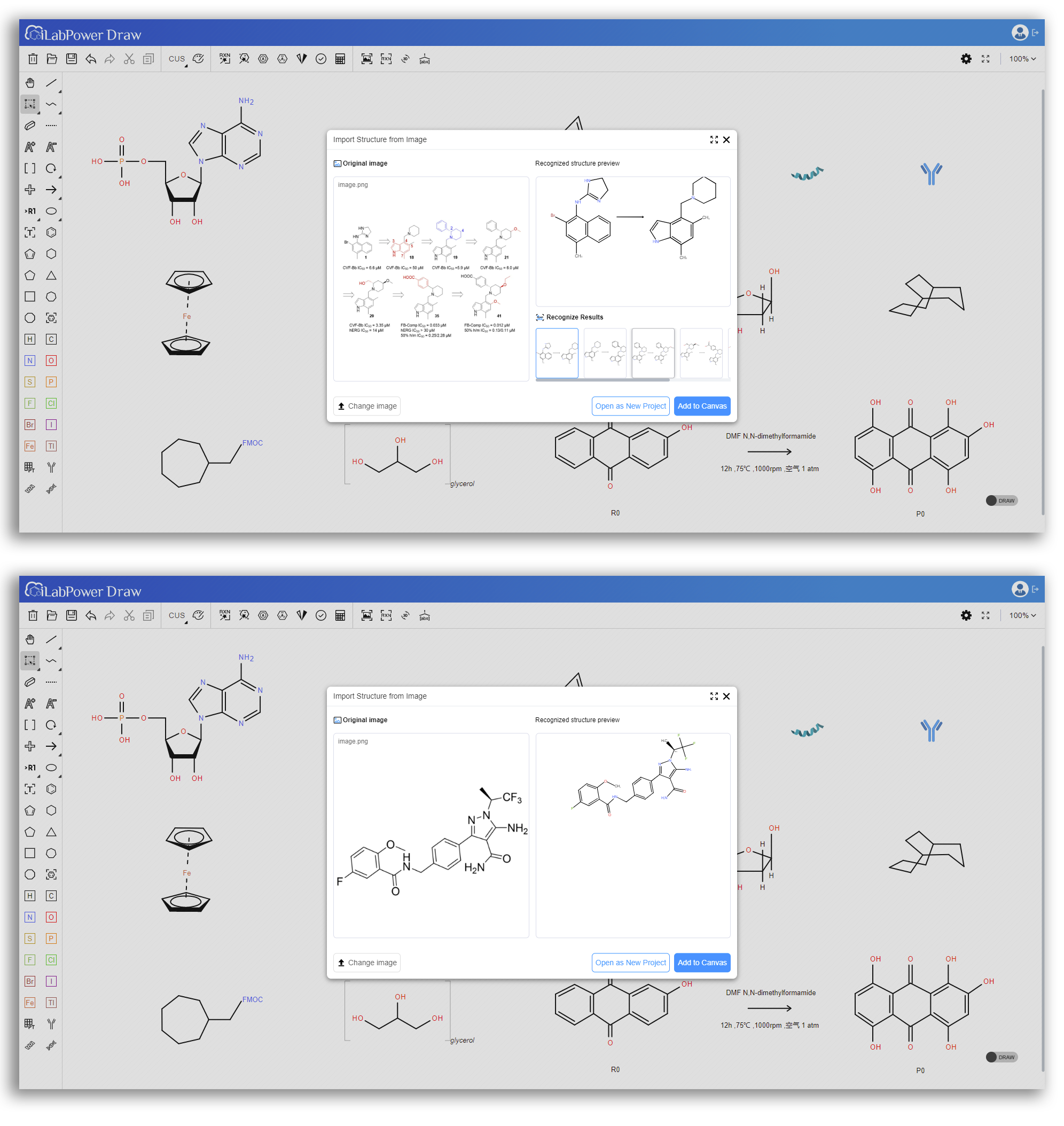
In an era where over 80% of pharmaceutical companies are investing in digital tools to enhance their research capabilities, understanding the legal and regulatory attributes of software like the HELM Editor becomes paramount.
An Overview of HELM Editor’s Legal and Regulatory Features
The HELM (Hierarchical Editing Language for Macromolecules) Editor is a sophisticated tool designed for representing complex biomolecular structures. Its legal and regulatory attributes are critical, particularly as they pertain to compliance with industry standards such as those set by the FDA or EMA. The editor not only facilitates accurate molecular representation but also ensures that users adhere to best practices within the industry, thereby mitigating risks associated with intellectual property rights and data integrity.
Molecular Modeling and Simulation: Best Practices in the Industry through HELM Editor
molecular modeling and simulation play a crucial role in drug discovery processes, allowing researchers to visualize interactions at an atomic level. Within this context, the HELM Editor stands out by providing robust support for creating detailed representations of macromolecules while ensuring compliance with established best practices. This includes maintaining data accuracy throughout simulations, which is essential for meeting regulatory requirements during preclinical trials. Furthermore, its ability to integrate seamlessly with other computational tools enhances collaborative efforts across multidisciplinary teams—an increasingly important aspect in today’s research landscape.
Neotrident’s Characteristics within Best Practices in the Industry

Neotrident serves as a pivotal component when discussing best practices related to molecular editing using HEIML technology:
- User-Friendly Interface: Neotrident offers an intuitive interface that simplifies complex tasks involved in molecular design.
- Compliance Tracking: It incorporates features that allow users to track compliance with various regulations effectively.
- Error Reduction Mechanisms: Advanced algorithms help minimize errors during molecular construction, enhancing reliability.
- Cross-Platform Compatibility: Neotrident supports integration across multiple platforms facilitating collaboration among diverse teams.
- Sustainability Considerations: By promoting efficient resource use during simulations, it aligns well with modern sustainability goals within scientific research.
A Conclusion on HELM Editor’s Role in Best Practices within Industry Standards
The exploration of HEIML Editor reveals its significant contributions toward establishing best practices within the biotechnology sector. By adhering strictly to legal frameworks while fostering innovation through advanced modeling techniques like those offered by Neotrident, it empowers researchers not only to comply with existing regulations but also encourages them towards responsible scientific advancement. As we move forward into an increasingly digital future for pharmaceuticals, tools like these will undoubtedly shape our approach towards ethical research methodologies significantly.

